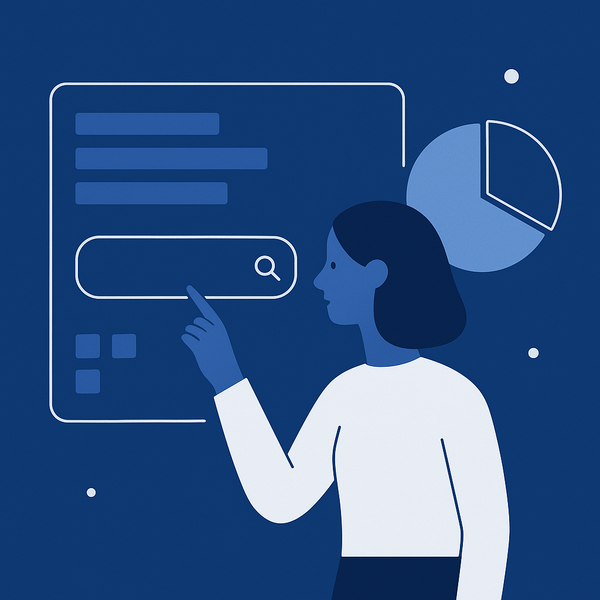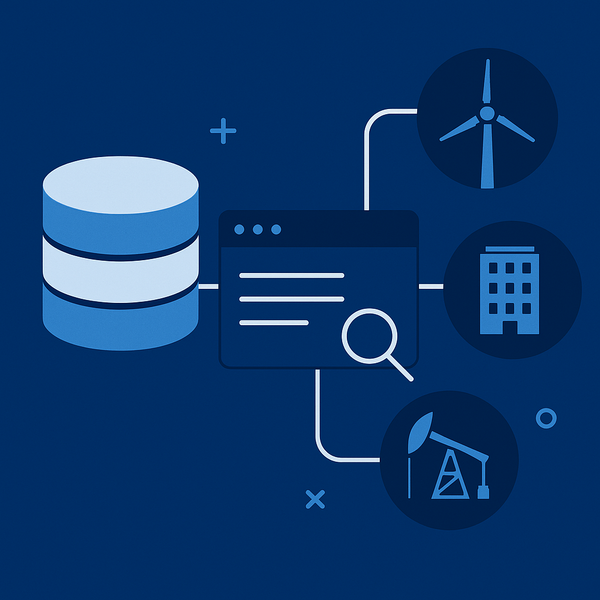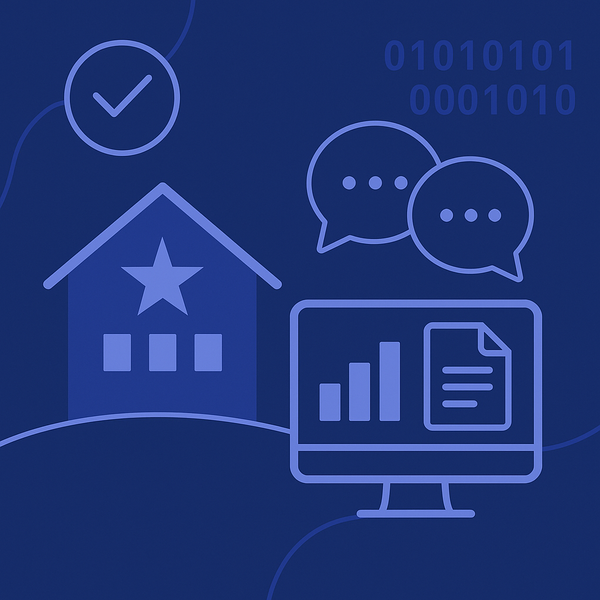How to Retrieve Scoped AI Memory Using Recallio's Recall API

retrieving exactly what matters
Whether you're building an AI agent, a support bot, or a memory-aware assistant, Recallio's POST /recall endpoint gives you scoped, summarized memory recall in seconds. No vector DB. No fragile RAG. Just memory that works.
In this guide, we’ll show you how to:
- Query memory by user, project, or team
- Get summarized recall for low-token injection
- Filter by tags and TTL
- Retrieve memory across agents or tools
- Preview raw vs. summarized output
Basic Memory Recall
Recall the most relevant past entries for a user:
res = requests.post("https://api.recallio.ai/recall", json={
"user_id": "alex42",
"query": "What’s their preferred contact method?",
"summary": True
}, headers={"Authorization": f"Bearer YOUR_API_KEY"})
print(res.json()["summary"])This will return a compressed summary (if available), scoped to alex42's memory—perfect for injecting into an LLM prompt.
Filtered Recall by Tags or Team
Recall memory related to billing issues, scoped to a specific team:
res = requests.post("https://api.recallio.ai/recall", json={
"team_id": "support_team_1",
"query": "What did the user last say about their payment method?",
"filter_tags": ["billing"],
"summary": True
}, headers=headers)You’ll get token-optimized, tag-filtered summaries—ideal for product support, compliance, and multi-user workflows.
TTL-Aware Memory with Context Decay
Recallio automatically decays older, less relevant memory unless marked high-importance.
res = requests.post("https://api.recallio.ai/recall", json={
"user_id": "u789",
"query": "What preferences have they shared recently?",
"decay": True,
"summary": True
}, headers=headers)This prioritizes fresh, relevant context over stale logs—perfect for time-sensitive use cases like sales, ops, or legal.
Use Graph-Based Recall (Advanced)
Recall relationships, roles, or entity knowledge with our graph memory search (premium):
res = requests.post("https://api.recallio.ai/graph/search", json={
"user_id": "alex42",
"query": "Who leads the Apollo project?"
}, headers=headers)
print(res.json()["results"])Graph recall connects nodes and relationships (e.g., roles, topics, people) for deeper insights—ideal for research, knowledge assistants, or enterprise use cases.
Compare: Summarized vs. Raw Recall
To fetch raw memory entries:
res = requests.post("https://api.recallio.ai/recall", json={
"user_id": "alex42",
"query": "What was discussed about pricing?",
"summary": False
}, headers=headers)
for m in res.json()["memories"]:
print(m["content"], m["tags"], m["timestamp"])You’ll get back original entries, including tags and timestamps - useful for debugging or audit trails.




